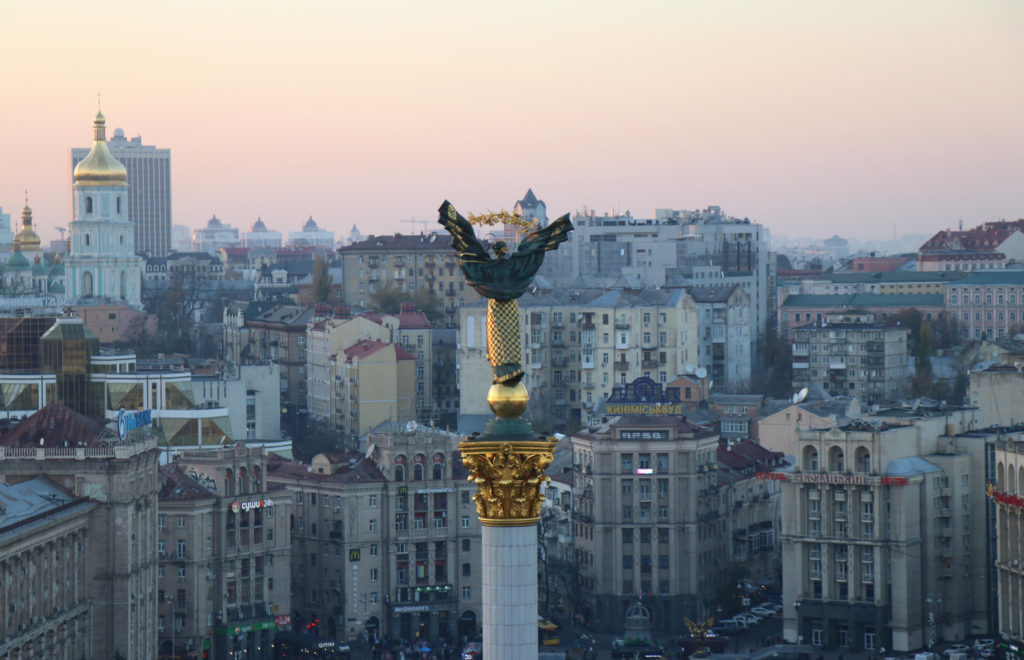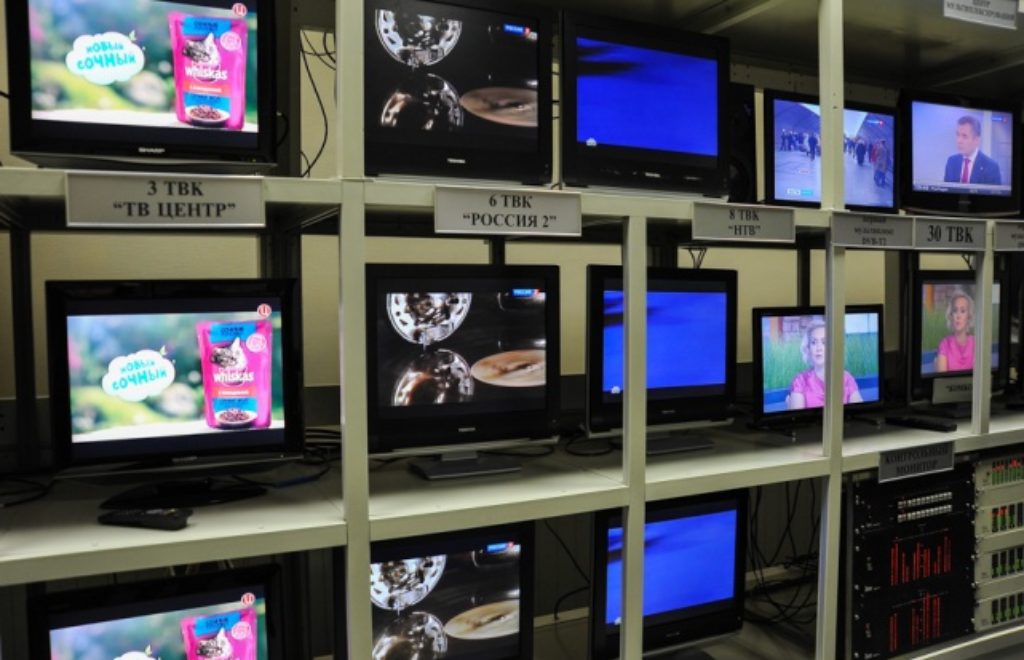For our freedom and yours
For at least a few years, if not more, we have heard many intellectuals grimly point to a growing crisis of democracy and an increase in populistic, authoritarian and even dictatorial tendencies in an increasing number of states. This trend has also been evidenced by Freedom House studies. The data these investigations have collected in recent years demonstrate that the number of democratic countries in the world has been on the decline since 2005. In addition, there have been numerous reports on the worsening quality of democracy in countries that may have not formally abandoned the democratic system of governance, but have become illiberal nonetheless.
July 15, 2022 - Mykola Riabchuk





































